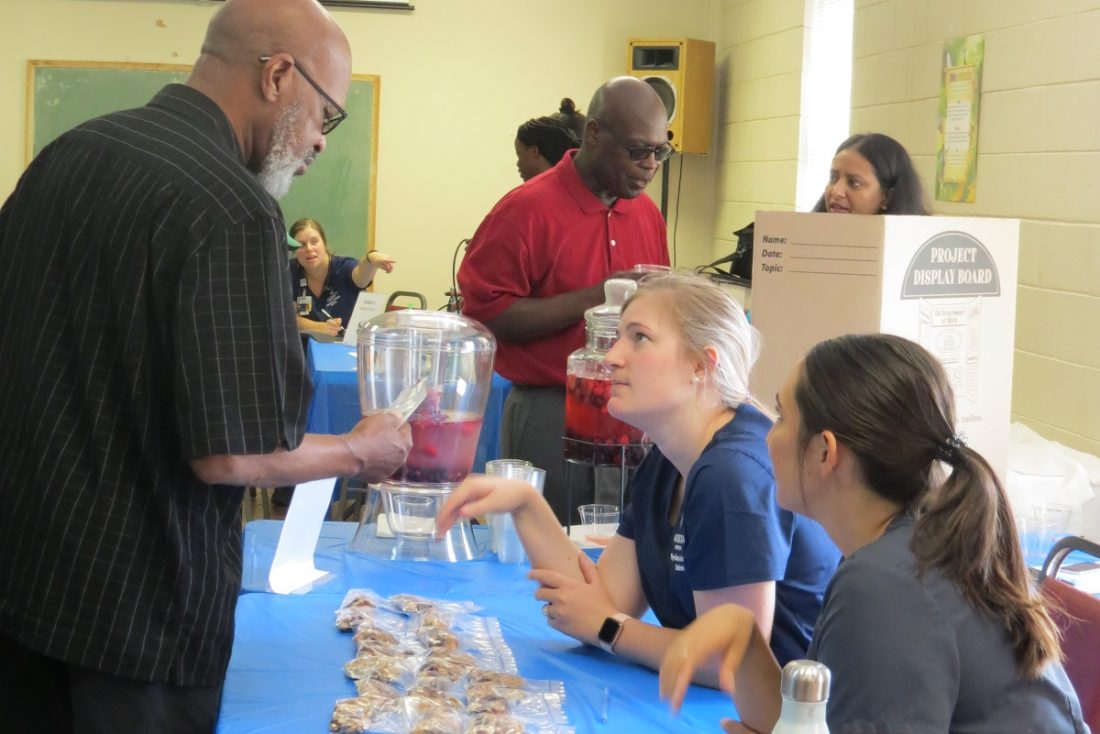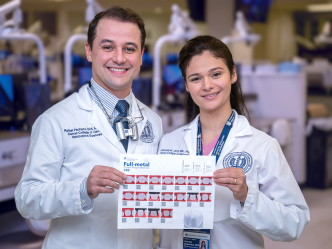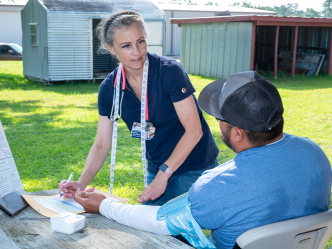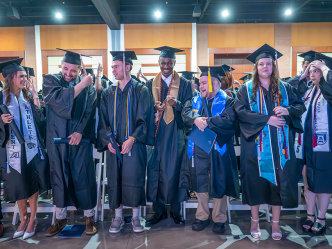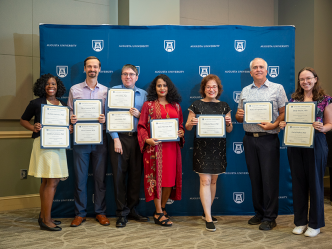Story ideas include: a health fair for those over 55, Augusta University alumni work to reduce water pollution, and a noninvasive way to collect tear fluid could be used to diagnose other health conditions.
Free health fair June 11
The Winning at Wellness Health Fair and Walk will be held from 9 a.m. to noon Saturday, June 11 at the Warren Road Community Center at 300 Warren Road in Augusta. The event is designed for those over 55 and is organized by the College of Allied Health Sciences and the Dental College of Georgia.
There will be several booths providing medical education and screening on fall prevention, home safety, oral health, women’s health, men’s health and more. A wellness walk of up to a mile will also be held and there will be wellness-focused giveaways throughout the day.
Augusta alumni take part in nature preservation project
The Phinizy Center in Augusta has been awarded a grant from the Georgia Power Foundation Waters for Georgia program to research the cause of bacterial pollution in Brushy Creek, which passes through the city of Wrens, Georgia. Phinizy Center scientists have been tracking the pollution of the creek for three years now.
Part of the team looking into the pollution includes Augusta University alumni Rachel Gonzalez, Jacob Lott, Jillian Amurao and current ecology student Trevor Jordan. This work brings Brushy Creek one step closer to dropping its status as an “impaired waterbody,” which would mean the water is clean and safe.
Creeks can become polluted in various ways.
“Heavy rainfall can wash contaminants into the creek including manure-based fertilizers and waste from domestic animals,” said Lott, Phinizy Center research technician and Hull College of Business graduate. “It can also come from wild animals living in the watershed, or carcasses that have been dumped into the creek.”
Noninvasive technique collects tear fluid to look for biomarkers of health and disease
A noninvasive way to collect tear fluid could help diagnose a wide variety of conditions from dry eye disease to Alzheimer’s. The protective outer layer of our eyes, called the tear film, contains thousands of proteins that provide clues about wellness and disease.
Drs. Ashok and Shruti Sharma, scientists in the Center for Biotechnology and Genomic Medicine at the Medical College of Georgia and the James and Jean Culver Vison Discovery Institute at Augusta University, said a major hurdle may have been cleared with this noninvasive way to collect tear fluid. A piece of tissue paper called a Schrimer strip, which is placed painlessly against the eye to measure tear production, can also capture sufficient volume of tear fluid for detailed protein analysis.
Interview opportunities are available for these stories. Call 706-993-6719 to schedule an interview. Check out the Augusta University Expert Center to view our list of experts who can help with story ideas.
 Augusta University
Augusta University
